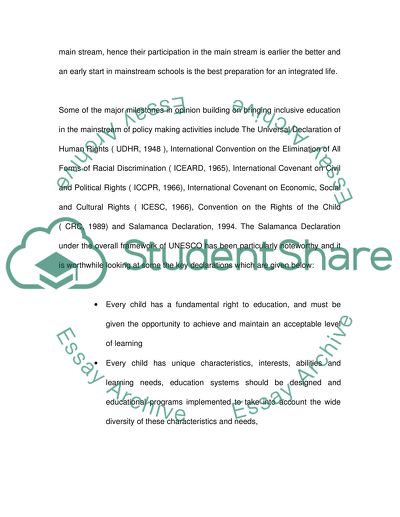Cite this document
(“Inclusive Education in Mainstream Politics Term Paper”, n.d.)
Inclusive Education in Mainstream Politics Term Paper. Retrieved from https://studentshare.org/education/1505944-education-bachelor-essay
Inclusive Education in Mainstream Politics Term Paper. Retrieved from https://studentshare.org/education/1505944-education-bachelor-essay
(Inclusive Education in Mainstream Politics Term Paper)
Inclusive Education in Mainstream Politics Term Paper. https://studentshare.org/education/1505944-education-bachelor-essay.
Inclusive Education in Mainstream Politics Term Paper. https://studentshare.org/education/1505944-education-bachelor-essay.
“Inclusive Education in Mainstream Politics Term Paper”, n.d. https://studentshare.org/education/1505944-education-bachelor-essay.


